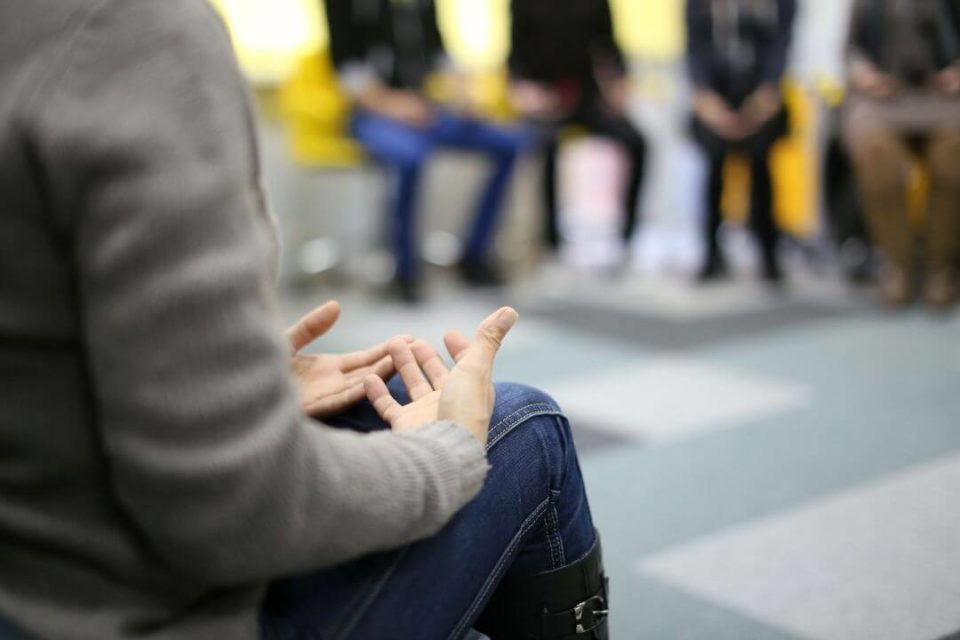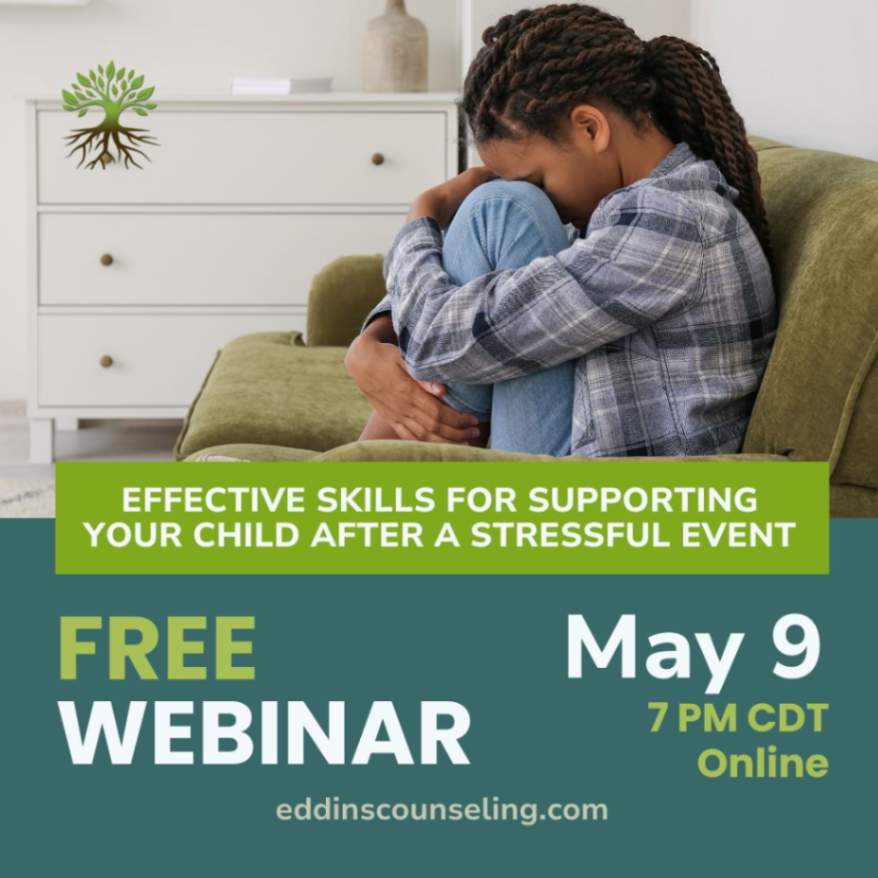September 28, 2016
Bringing Acceptance and Change Together: What is DBT Therapy?
Written by Rachel Eddins
Posted in Emotional & Mental Health and with tags: DBT

Dialectical Behavior Therapy, or DBT, is a type of psychotherapy that promotes acceptance and change of thoughts, feelings, and behaviors to manage and reduce mental health problems. Mindfulness is a central part of this treatment approach.
Initially, DBT therapy only involved treating people with suicidal behavior and borderline personality disorder. But it is also effective for treating other mental health problems, including anxiety disorder, substance abuse, self-injury, anger-related issues, and eating disorders.
By definition, the term dialectical denotes something that involves or relates to “the contradiction between two conflicting forces viewed as the determining factor in the interaction.” In other words, DBT brings together two things that seem to be opposites – acceptance and change – to achieve better treatment results.
The fundamental idea of DBT is that opposites can coexist and be harmonized. It aims to achieve a balance between empathy and acceptance while staying focused on changing problem behaviors. For example, you may need both validation of where you are in life, as well as motivation to try harder to create positive changes. Through DBT therapy, you will learn to recognize and accept your current situation, weight out different points of view, and work on a balanced effort to change.
How Does DBT Therapy Work?
DBT uses a multistage treatment approach that includes individual therapy, group skill training sessions, and phone coaching in between treatments. Group training provides structured and clearly defined treatment goals. You will receive carefully designed assignments and homework to practice and reinforce what you have learned.
To achieve the best results, DBT group training focuses on four ways to build life skills:
1. Mindfulness – It will help you to be more aware and understand your own state of mind. You will learn to use mindfulness – being attentive to the present moment – to take a non-judgmental approach to your experiences.
2. Emotional regulation – This includes observing, describing, understanding, and adjusting your emotions. You will systematically acquire tools to help you reduce your vulnerability to intense emotions and change your reactions.
3. Interpersonal effectiveness – It will lead you to understand your relationships with others and handle conflict. You will discover how to assert yourself, ask for what you want, and say no when you need to.
4. Distress tolerance – This teaches you coping skills when dealing with difficult situations. It keeps you from reacting impulsively when you feel intense anger, or from using substances to dampen your distress.
How Does DBT Differ from Other Psychotherapy?
DBT has its basis in Cognitive-Behavioral Therapy (CBT), which many consider the highest quality mental health treatment. However, CBT focuses mainly on changing problematic thoughts, feelings, and behaviors. Its emphasis is on cognitive distortions – the belief that your thoughts and emotions are twisted or misinterpreted. Therefore, you could easily believe that what you think and feel is wrong.
In contrast, DBT is unique in that it focuses more on mindfulness. It emphasizes acknowledging and accepting the truths upon which your thoughts, feelings, and behaviors are based. Understanding those facts – not judging them either right or wrong – is the main aspect that sets DBT apart from regular CBT.
To illustrate with a common physical health problem: Imagine that you have terrible allergies and live in Houston, Texas. Your allergy medication really isn’t treating the symptoms of your ailment, neither does it address the underlying cause. Namely, that you live in an area with massive allergens. Understanding the simple truth from which your health problem arises will be the only thing that gives you a clear incentive to do something constructive about it – move to another area.
It’s similar to what DBT can do for you with your mental health problems. Understanding where your emotions come from and why they arise gives you the motivation to move in the right direction to make practical changes – without any self-judgment.
Learn more about our DBT therapy group and how it could help you. Or contact a licensed counselor in Houston at Eddins Counseling Group for more information. To get started now give us a call to schedule an appointment at 832-559-2622 or schedule an appointment online.
Grounding & Self Soothing
Get instant access to your free ebook.
Why You Feel This Way
Get instant access to your free ebook.




























